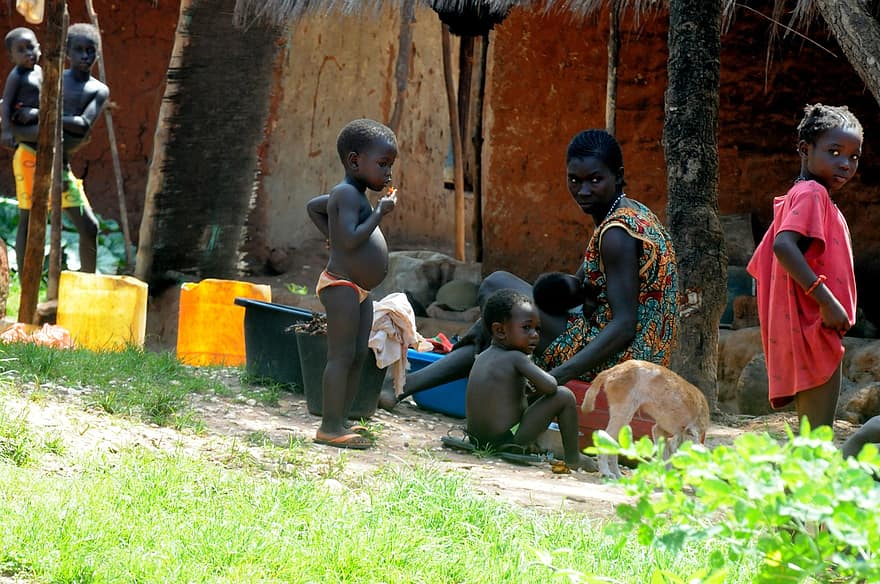
🇪🇸 Find this article in Spanish here.
The South African NRHI received complaints indicating that toilets had been built without enclosures in two of their local communities: Makhaza and Rammulotsi. Upon further investigation, the NHRI ruled that the facilities violated the rights to dignity, privacy, and a clean and healthy environment.
Although the rights to water and sanitation were recognised by the United Nations General Assembly in 2010, they are not yet received by all, and lack of access to facilities that assure these rights can consequently have a degrading result on the health, wellbeing, and dignity of millions of people. In both findings, the NHRI addressed the responsibility of the local municipalities to immediately enclose the toilets, of which both have been successful.
Following these findings, the South African NHRI recognised the fact that this was part of a wider problem facing millions of people who are poor: the lack of access to sanitation and the lack of a human rights-based approach to service delivery. So, they made the decision to conduct a broader investigation into the status of the human rights to water and sanitation in South Africa, visiting rural communities in all nine provinces and asking these communities to highlight the problems that they were experiencing in terms of access to water and sanitation. They then developed a set of comprehensive recommendations to improve the state of access to water and sanitation in the country.
As a result of the South African NHRI’s actions, there have since been several positive outcomes:
- The research and findings of the report exposed the issues experienced in South Africa around access to water and sanitation.
- The identification of these issues and the associated recommendations prompted the civil society organisations to hold the government to account on the issues.
- The information gained from the research gave the NHRI hard evidence to provide to State departments and inter-ministerial committees.
- The NHRI recommended that the competency of sanitation be moved from the Department of Human Settlements to the Department of Water Affairs, to ensure an efficient streamlined provision of water and sanitation services.

